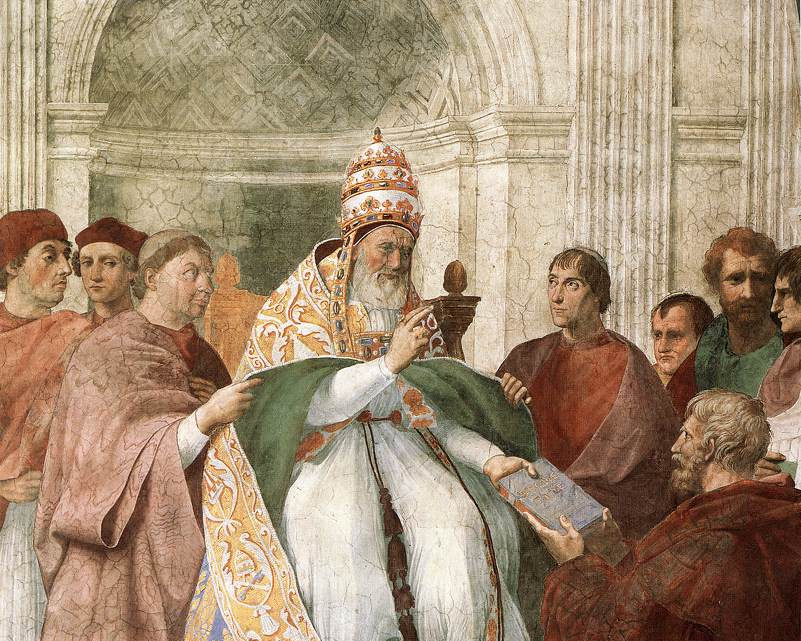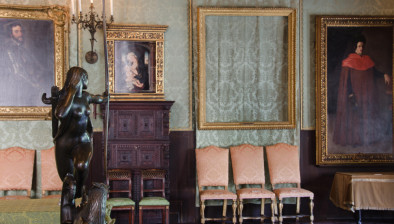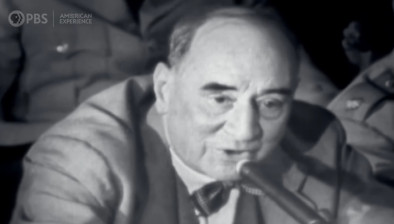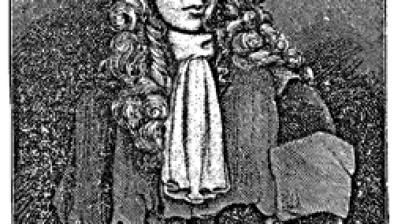Our Legal Heritage: Gregory IX, the cat-killing pope who laid down the law

Gregory IX Approving the Decretals by Raphael (1511)
Pope Gregory IX, the 178th pope of the Catholic Church from 1227 to 1241, is often remembered for issuing a Papal Bull declaring that cats bore Satan’s spirit, which subsequently led to huge numbers of cats being killed throughout Europe. The mass extermination of the continent’s felines is considered an indirect cause of the Bubonic plague spread by fleas on rats, which would otherwise have been hunted by the dead cats. Beyond that poor decision, Gregory was characterised as being quick to anger and having a “harsh personality”.
Gregory’s lesser-known trait was his legal mind. One of his primary responsibilities when he became Pope was the oversight of the Inquisition launched by Pope Lucius III in the 12th century. The Inquisition aimed to tackle so-called heretics, and Jews were also prominent targets. Gregory was alarmed by mob violence and opposed to torture, but remained comfortable with burning heretics alive. He sought to add an element of due process to the Inquisition, but in reality the trials he ordered were largely just for show. Gregory did not want to create a legal procedure to make the Inquisition fairer but rather to give the illusion of fairness. He manipulated the law.
He made a significant contribution, however, to canon law in 1234 by way of the Decretals, which were announced in Rex Pacificus. The Decretals were a foundational source of canon law for seven centuries until after World War I. One of the collection’s most repugnant features was the doctrine of the eternal political slavery of the Jews.
Gregory’s love of universities was also evident in the Decretals, particularly his affinity to his alma mater in Paris. Rex Pacificus, for example, was sent to legal scholars at universities in Paris and Bologna. This strengthened universities’ positions as forums of promulgation for canon law. Simultaneously, and perhaps consequently, there was a notable increase in the popularity of studying canonical jurisprudence in European universities.
The Pope’s enthusiasm for university education was complemented by his chaplain, canonist Raymond of Peñafort, who had studied and taught law at Bologna university. Raymond played a key role in compiling and editing the Decretals. Therefore, it is no surprise that Bologna was the other university besides Paris to receive Rex Pacificus.
Gregory has a largely negative legacy because of his contributions to the brutal Inquisition, canonical antisemitism and the deadliness of the Bubonic plague. On a positive front, he enhanced the role of law in the Church and contributed to the advancement of universities, especially in the context of law.











